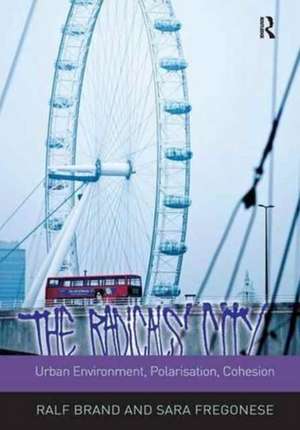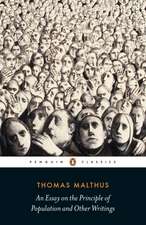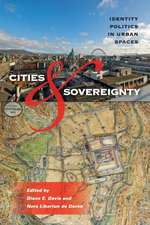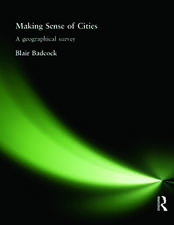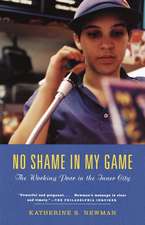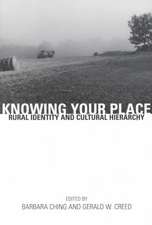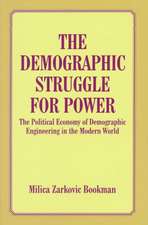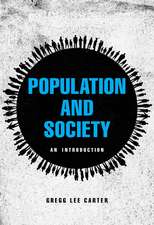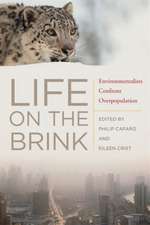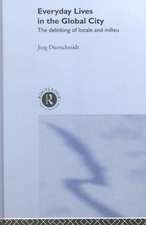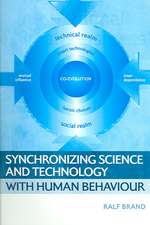The Radicals' City: Urban Environment, Polarisation, Cohesion
Autor Ralf Brand, Sara Fregoneseen Limba Engleză Paperback – 16 noi 2016
| Toate formatele și edițiile | Preț | Express |
|---|---|---|
| Paperback (1) | 338.33 lei 6-8 săpt. | |
| Taylor & Francis – 16 noi 2016 | 338.33 lei 6-8 săpt. | |
| Hardback (1) | 823.99 lei 6-8 săpt. | |
| Taylor & Francis – 15 aug 2013 | 823.99 lei 6-8 săpt. |
Preț: 338.33 lei
Preț vechi: 401.86 lei
-16% Nou
Puncte Express: 507
Preț estimativ în valută:
64.76€ • 70.37$ • 54.43£
64.76€ • 70.37$ • 54.43£
Carte tipărită la comandă
Livrare economică 22 aprilie-06 mai
Preluare comenzi: 021 569.72.76
Specificații
ISBN-13: 9781138279568
ISBN-10: 1138279560
Pagini: 216
Dimensiuni: 174 x 246 mm
Greutate: 0.45 kg
Ediția:1
Editura: Taylor & Francis
Colecția Routledge
Locul publicării:Oxford, United Kingdom
ISBN-10: 1138279560
Pagini: 216
Dimensiuni: 174 x 246 mm
Greutate: 0.45 kg
Ediția:1
Editura: Taylor & Francis
Colecția Routledge
Locul publicării:Oxford, United Kingdom
Cuprins
Contents: Introduction; The urban environment: mirror and mediator of radicalisation?; Polarisation as a socio-material phenomenon: a bibliographical review; The Belfast case; The Beirut case; The Berlin case; The Amsterdam case; Implications for planning practice and policy; Interviews: Scott Bollens, Wendy Pullan, Frank Gaffikin, John Calame, Epilogue: From polarisation to shared spaces: the influence of the built environment in contested societies; References; Index.
Notă biografică
Ralf Brand, University of Manchester, UK and Sara Fregonese, University of Birmingham, UK.
Recenzii
’For academics and practitioners alike concerned with the contemporary challenges of relentless urban conflict, polarization and cohesion, this fascinating and insightful book is a first of its kind. With originality and rigour it brings a new lens to the material analysis of both divided and peaceful cities, with case study examples made tangible through the use of full-colour production throughout.’ Emeritus Professor Caroline Moser, University of Manchester, UK ’Understanding political behaviour and violence through the urban and the architectural is at the forefront of contemporary social science. This outstanding volume makes an extraordinarily sophisticated contribution to this developing field.’ Stuart Croft, University of Warwick, UK 'The Radicals’ City is a rich and illuminating book on the intricate relations between the urban environment as a material setting and socio-spatial conflict-related phenomena, such as radicalization, polarization, and social cohesion. Brand and Fregonese’s message is simple but raises at the same time profound philosophical and existential questions regarding the human and built environment relations; it invites us to take objects seriously... I believe the analytical framework provided by Brand and Fregonese is quite inspiring, especially in the actual political context of Arab and Middle Eastern cities. In short, The Radicals’ City is a welcome addition to the literature on polarization, conflict, and urban environment that will certainly have many echoes.' Jadaliyya 'In the well-illustrated case studies from Belfast, Beirut, Berlin and Amsterdam, we learn about a variety of ’radicals’ or situations of serious conflict between different social groups, through academic research based on stakeholder interviews.' Urban Design '... written in a readable and concise manner employing straightforward language ... it is no doubt intended for a readership beyond the academy, possibly community groups or
Descriere
Bringing together comparative case studies from Belfast, Beirut, Amsterdam and Berlin, this book examines the role of the urban environment in social polarisation processes. In doing so, it provides a timely and refreshingly innovative voice in the confusing babble on (counter-)terrorism, urban conflict and community cohesion. Despite their socio-political differences, these cities are telling cases of how the location and shape of very mundane objects such as rubbish bins, bridges, clothes’ stores, shopping malls and cafés - in addition to the obvious fences, walls and barbed wire - are often subject to heated controversies and influence the way urban conflict is 'lived' and practised.
